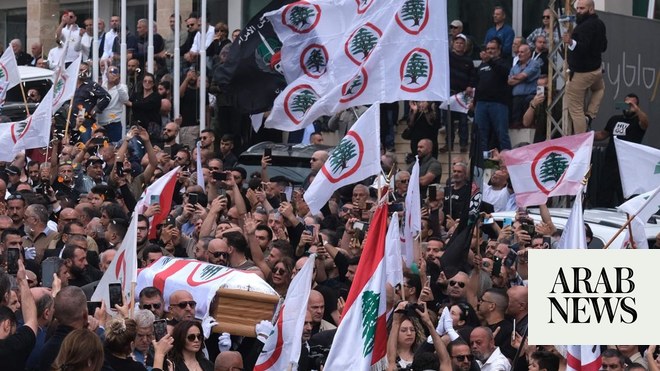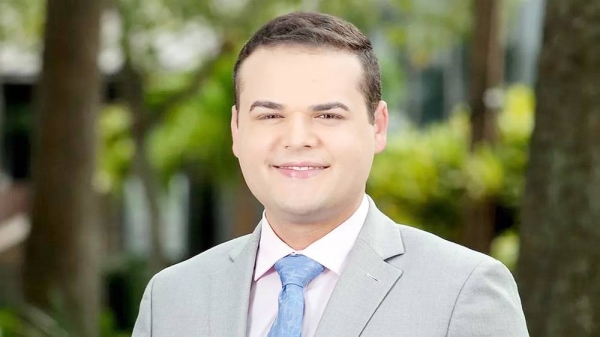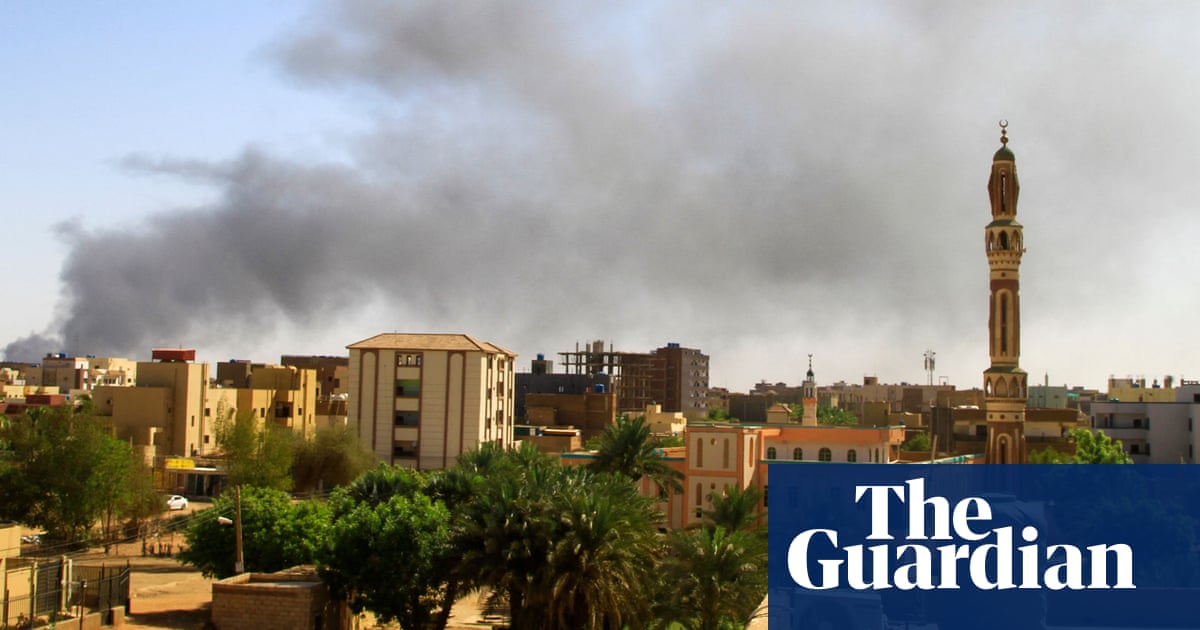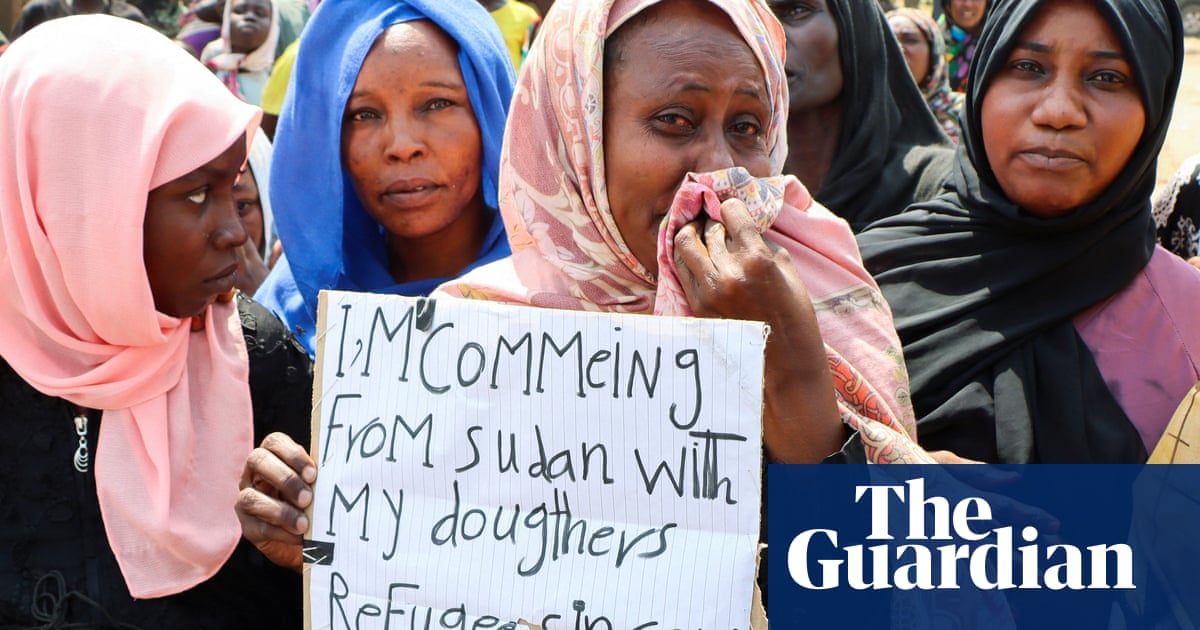
Demonstrators call on president to leave country as Aoun tells them to ‘migrate’
Banks, schools closed for second day running
BEIRUT: A Lebanese soldier has been detained and an investigation launched after an anti-government protester was shot in the head in front of his wife and child.
The wounded demonstrator, Alaa’ Abu Fakher, a member of the Progressive Socialist Party (PSP) led by influential Druze politician Walid Jumblatt, was rushed to hospital but died from his injuries.
The shooting took place in the coastal town of Khalde, south of Beirut, as the Lebanese army attempted to break up a protesters’ roadblock.
The action was part of the latest wave of demonstrations to hit the country which followed comments made by President Michel Aoun in a TV interview on Tuesday evening. When asked if he felt the Lebanese people had lost faith in the ruling authority, Aoun said: “If they cannot find anyone in power who is honest and genuine, let them migrate … they will not reach the authority.”
As news spread on social media, angry groups again took to the streets, blocking roads, burning tires, and calling on Aoun to leave the country.
The army and republican guard were forced to set up a cordon to stop crowds marching on the presidential palace to protest at the president’s failure to announce a date for consultations on the formation of a new government, following the resignation of Prime Minister Saad Hariri.
Cameras witnessed the incident in which Fakher was shot, and Jumblatt later appealed for supporters to remain calm. He also phoned the commander of the Lebanese Army, Gen. Joseph Aoun, and said: “In spite of what happened, we have no other refuge than the state. If we lose hope in the state, we enter chaos.”
Calling on Lebanese citizens “to maintain their peaceful protests,” caretaker PM Hariri stressed “the need to take all measures to protect citizens and ensure protesters’ safety.”
Army officials said a soldier had been detained over the Fakher incident and an investigation into the incident was underway.
Protesters in Beirut reacted to the shooting by throwing stones at soldiers, and in the Christian-majority town of Jal El-Dib, church bells rang to mourn the victim.
One activist in Jal El-Dib said: “The president was not fair at all in his interview. We are respectful people and not thugs. We took to the streets to make him hear our voices, but he is still not listening to us.”
Another woman said: “Does the president know that our salaries have been cut in half, that people are eating from the garbage, and that young people are being fired from their jobs, while taxes are imposed and we are accused of disrupting the lives of people? Are we not the people?”
A protester on Beirut’s Ring Bridge highway said: “We withdrew from the streets and protested in squares hoping that our voice had been heard and that the authority would meet our demands, but they thought that our revolution had ended and they could go back to the same ruling authority. Our revolution is stronger now more than ever and we are not going to leave the streets anymore.”
On Wednesday banks, schools and universities throughout Lebanon remained closed.
According to media sources, Hariri was unlikely to preside over the next Cabinet, with Aoun and his allies, Hezbollah and the Amal Movement, insisting on a new government made up of an equal mix of politicians and technocrats. Protesters and Hariri however want a technocrat-led government.
On Tuesday night, during the Paris Peace Forum, the Russian foreign minister said that “the idea of forming a technocrat government in Lebanon is not realistic.”
In meetings with Lebanese officials, Christophe Varno, the French envoy, responsible for France’s MENA affairs, conveyed his country’s concerns to Aoun “to preserve Lebanon’s sovereignty, independence, safety and unity of people.”
He also indicated France’s “commitment to help Lebanon overcome the current hardships.”
But Lebanon’s Foreign Minister Gebran Bassil told Varno that “no foreign sides should interfere in and use the Lebanese crisis,” adding that “the formation of a new government is a national matter and it has reached advanced and positive phases.”












